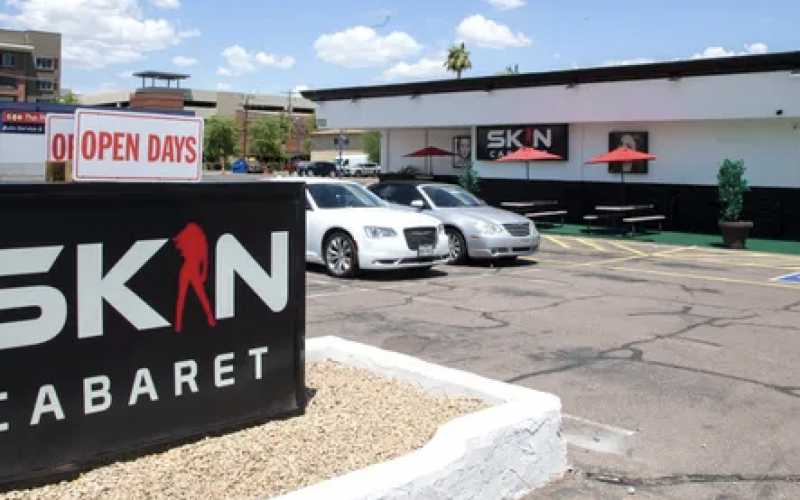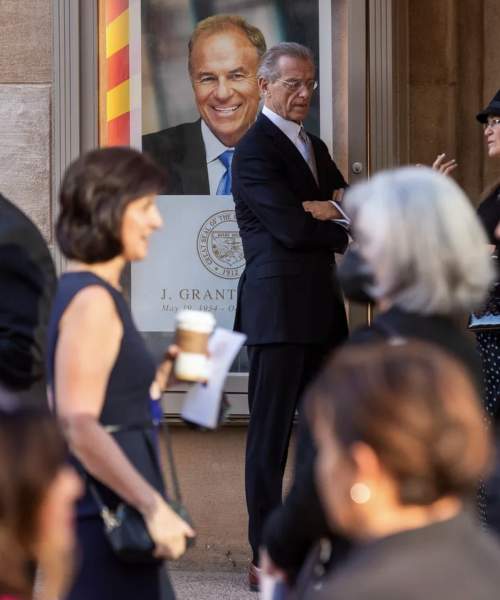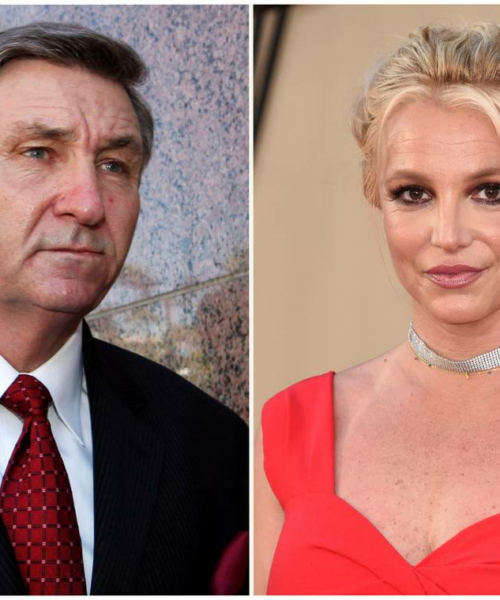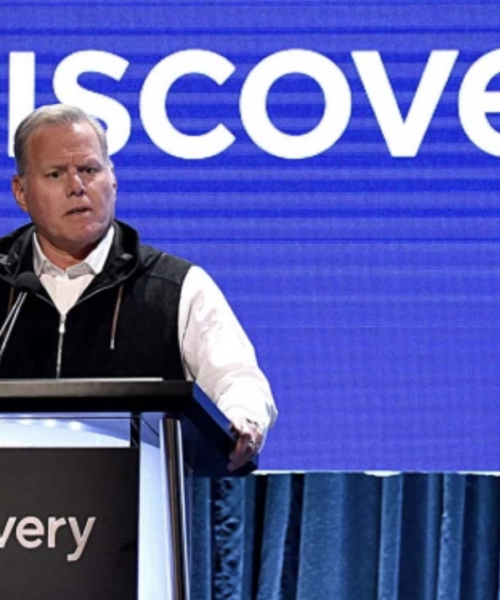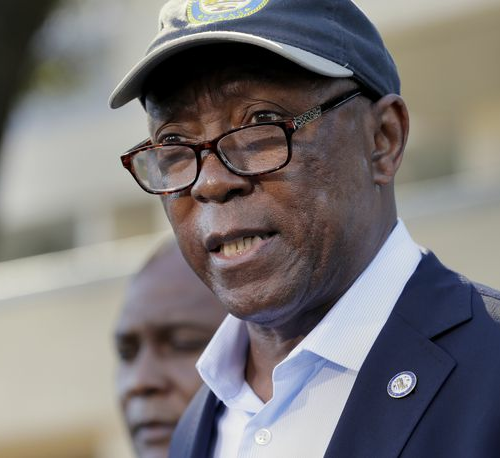Richard Ruelas | Arizona Republic
Troy Warren for ScottsdaleNewsAndTalk.Com
The topless dancer said the undercover agent from the Liquor Department kept pawing at her while in a VIP room at the strip club. Scottsdale police found her claim had merit after reading the liquor detective’s own report. In it, he said the dancer had “allowed” him to touch her breasts and buttocks.
But that wording would disappear in a later version of the report, coaxed out, the detective told investigators, by his supervisors at the Arizona Department of Liquor Licenses and Control.
The October incident sparked an internal affairs investigation that concluded on April 20. In the days preceding, the top two administrators at the state’s Liquor Department submitted their letters of resignation to Gov. Doug Ducey.
Both Director John Cocca, who asked the Department of Public Safety to conduct the internal affairs review, and his deputy director, Michael Rosenberger, resigned on April 16. Their letters to Ducey were sparse.

Both announced their departure, effective immediately.
Cocca and Rosenberger had defended the actions of the liquor detective in interviews with investigators. The internal affairs report said they also praised the agent in a virtual staff meeting that included witnesses involved in the ongoing investigation.
Venue closed:The Pressroom closed for COVID-19 violations after it held concerts
Rosenberger was one of the supervisors who urged the detective to alter the wording of his report, according to the internal affairs probe. Rosenberger became a target of the investigation himself because he discussed the incident with the detective while it was still under review.
A spokesperson for the governor’s office, C.J. Karamargin, said he didn’t know if there was a request made for the men to resign. But the governor’s office thought the internal affairs investigation “showed unacceptable behavior that fell far short of our standards and expectations.”
The liquor detective, Miguel Sanchez, who had a 32-year career in law enforcement, resigned after being presented with the report’s finding that he acted dishonestly. According to the document, he would have been dismissed had he not left voluntarily.
Sanchez told investigators he did nothing wrong and that he remained proud of the investigation that resulted in the suspension of Skin Cabaret’s liquor license. The club has since reopened.
Sanchez said, according to investigators, that his bosses told him his report “needed to be cleaned up.” So he changed the wording, but insisted it was still accurate.
The Liquor Department on Wednesday released an 815-page internal affairs report into the Skin Cabaret incident. The Arizona Republic first asked for it in May.

The report details how an operation purportedly directed at making sure Skin Cabaret and other topless clubs were following COVID-19-related rules about distancing and mask-wearing ended with police recommending charges against a liquor investigator for sexually violating a topless entertainer while on duty, and how the command staff, according to the report, worked to ensure the incident would swiftly disappear.
Todd Borowsky, the owner of Skin Cabaret, said he was glad Cocca and Rosenberger were no longer employed with the Liquor Department.
“They got themselves into this mess,” Borowsky said on Monday, “and it was time for them to move on.”
Borowsky said he hadn’t seen an operation like the one conducted in his club in the nearly 20 years he’s run it. He said the department obviously relished the opportunity to close down adult-oriented businesses.
“You’re shutting down strip clubs, guys,” he said, “and you’re having fun doing it.”
Liquor Department investigation
It started with the Liquor Department agreeing to do a favor for the state’s Health Department. Liquor agents were asked to investigate reports of violations of COVID-19 protocols at strip clubs in the Tucson and Phoenix areas, the internal affairs report said.
The clubs, along with other restaurants and establishments, attested they would follow guidelines set down in an executive order issued by Ducey meant to curb the spread of the coronavirus.
Cocca told investigators during an interview that his department had the power to immediately suspend a liquor license. In contrast, he said, the process used by the Health Department was long and litigious.
The department conducted 18 inspections of strip clubs between August and October 2020, the internal affairs report said. But this operation, on Oct. 24 and 25, would prove unique.
According to the report, the department would spend $1,078 while visiting four clubs, including Skin Cabaret, that weekend. Previous operations were conducted with investigators spending less than $40, the report said.
This operation, the report said, was aimed at checking out a complaint that the VIP room at Skin Cabaret was being used for “massage shows.” Sanchez was designated the detective who would try to enter the VIP room, while his partner, Chris Allard, would serve as his “cover officer” and remain in the main room.

Neither detective had much experience conducting covert operations at a gentleman’s club, the report said. The Liquor Department offered little in the way of training or policy for such operations, the report noted.
Cocca, who had served as an assistant chief of police in Scottsdale before taking the helm of the Liquor Department after Ducey’s inauguration in 2015, gave the men advice.
“Don’t get naked,” Cocca said, according to Allard. The only other restriction Cocca mentioned, Allard said, was to try not to spend all the money they were given.
Both men observed apparent violations of social distancing guidelines right after entering the club on Oct. 24. They noted dancers sitting close to patrons at tables talking. Dancers were allowing men to approach them on stage and tip them. Another dancer took off a man’s belt and teasingly swatted him with it, according to reports.
It was enough, liquor officials acknowledged, to order the immediate suspension of the club’s liquor license. And, the internal affairs investigators wrote, “calls into question why the detectives were directed to go into the VIP room in the first place.”
Details from private room
Sanchez told investigators he began the night expecting to act more like a vice officer — seeking out evidence of the dancers acting as prostitutes. He told investigators during his interview that he anticipated being offered sex acts and prepared an excuse to refuse. He would tell the dancer that he had a vasectomy recently and his genital area was sensitive, the report said.
Sanchez negotiated a $250 price with a hostess to have a 15-minute VIP session with a dancer whose stage name was Cali. Sanchez said in his report that the hostess suggested that touching was allowed in the private back rooms.

The dancer would detail for Scottsdale police the next day what happened next.
She said Sanchez kept trying to touch her, occasionally succeeding.
“He’s just so touchy, which is so uncomfortable,” Cali later told a Scottsdale police detective.
The real name of the dancer was included in the Scottsdale police report. The Republic chose not to publish it. Through an attorney, she refused an interview request.
Cali said that she kept trying to move away from Sanchez as he tried to touch her. She told the Scottsdale detective that she repeatedly told Sanchez that touching was not allowed.
Cali thought about ending the session early, but instead danced four songs for Sanchez, keeping count of each as a marker of time, she told police. At one point, weary of stopping him from trying to grope her, she said she got in a crouched position and stayed still for a while. That was about when the hostess entered and said time was up.
“I was so cringed that this guy was so disgusting,” Cali told Scottsdale police.
Two employees who monitored the VIP room on a closed circuit video feed told Scottsdale detectives they saw Sanchez continually attempting to grope the dancer, including reaching around the front of her thong underwear. A manager said he got word that the man in the VIP room with Cali was, using an apparent term of art in the business, a “handsy customer.”
Sanchez and Cali left the VIP area and entered the main floor.
Allard noted in his report that the dancer looked angry or grim as she left the VIP room. He said he figured she was in a bad mood because she realized the two weren’t going to spend any more money on this slow night at the club. However, Allard told internal investigators, his supervisor would later tell him to strike that detail from his report because it wasn’t germane.
It wasn’t the only change supervisors made to the documentation of that night’s events.
After leaving Skin Cabaret, Sanchez and Allard returned to the staging area where Director Cocca, Assistant Director Rosenberger and staff members of the Liquor and Health departments were waiting. Cocca told investigators he only heard a bit of Sanchez’s briefing, leaving it to his supervisory staff to handle the particulars.

Sanchez, according to the internal report, gave a debriefing of what went on in the club. The consensus was that there was enough evidence to proceed with suspending the club’s license and Sanchez started preparing the order, the report said.
In the order Sanchez typed up while at the staging area, he wrote that the dancer at one point “stood up and allowed the detective to touch her buttocks.” At another point, Sanchez wrote, “Cali allowed the detective to touch her bare breasts and the small of her waist.”
The order approved by Rosenberger and electronically signed by Cocca, was served on Skin Cabaret by two other Liquor Department officers. It took effect immediately. The club lost the ability to serve liquor and closed.
After the Liquor Department shut down the club, the dancer Cali found out her encounter in the VIP room was mentioned in the order and realized she had been dancing for an undercover officer.
The next day, she called the Scottsdale police to make a report, telling officers who arrived to take her statement that she wished to document what she thought was an improper action by an officer.
Investigations begin
Scottsdale police interviewed employees at the club. An officer, that same day, also called Allard and told him the dancer’s allegation and asked him about the operation, the subsequent internal affairs report said.
Allard told Sanchez of the report and, according to the internal affairs report, Sanchez responded: “It is what it is.”
Word of the dancer going to police filtered up through the Liquor Department, eventually reaching Rosenberger, the internal affairs report said.
Sanchez was placed on administrative leave the next day, Oct. 27, and told he would face an internal affairs investigation. According to that report , Rosenberger sent him an email that told him, “Hang in there! We will get through this.”
As part of its investigation, Scottsdale police reviewed the six-page document from the Liquor Department that justified the immediate suspension of Skin Cabaret’s license. The department zeroed in on Sanchez’s use of the word “allowed” in describing how he touched the dancer.
To a Scottsdale detective, it suggested his actions were something he did of his own initiative, which the dancer didn’t stop. And since the dancer was someone he was investigating, to Scottsdale police, it constituted a crime.
“The detective’s actions based on his own summary in the order as well as the initial statement (the dancer) gave to the officer on scene are in violation of Arizona Revised Statute 13-1412A: Unlawful Sexual Conduct by a Peace Officer,” the Scottsdale police report said.
That police investigation would eventually be forwarded to the Maricopa County Attorney’s Office with a recommendation the liquor officer be prosecuted.
But, after he found out he was being investigated by Scottsdale Police, and that he would also face an internal affairs investigation, Sanchez would revise his original report on the incident.
Sanchez said, according to an email he wrote to the internal affairs commander, that after he submitted his initial report, he received a phone call from Rosenberger. He said he believed his sergeant was also on the call. He was told the report “needed to be cleaned up,” he wrote in his email.
The revised report, dated Oct. 28, one day after Sanchez was placed on leave, did not say the dancer allowed Sanchez to touch her. In this more detailed version, Sanchez said that at one point, he touched the dancer’s buttocks “in an attempt to keep her buttocks away from my face.” In another instance in his report, Sanchez wrote he “put my hands on top of her breasts to prevent her from moving in again …”
After he changed the report, Sanchez, according to his email, received a call from his sergeant who said words to the effect of “I like what you did there.”
Rosenberger told internal affairs investigators he had informed Sanchez that the word “allowed” was “creating all kinds of concern.”
Rosenberger told internal affairs investigators, “I told him X, and he took the word out and I didn’t see an issue with it.”
Internal affairs
The internal affairs investigation would look not just at Rosenberger’s actions surrounding the production of the report, but also his actions during the internal investigation itself.
The report said that Rosenberger was told during his Dec. 11 interview with internal affairs investigators not to discuss the matter with anyone and he agreed. But Sanchez told investigators that Rosenberger had several conversations with him about the incident at Skin Cabaret and its aftermath.
In a Dec. 31 phone call, Sanchez told investigators that Rosenberger told him the County Attorney’s Office had declined to prosecute the case against him, that he didn’t violate any department policies and would likely be back at work by January.
Sanchez said he assumed Rosenberger’s conversation with him constituted his notice that the internal affairs investigation was over.
Sanchez returned to work on Jan. 6, and said that Cocca, the department director, welcomed him back during a virtual meeting that included people who were witnesses to the internal affairs investigation.
Cocca, in that meeting, told Sanchez he was sorry he had to go through all of it and praised him for handling it well, the internal affairs report said.
The report also notes that discussions that Cocca and Rosenberger had with Sanchez, including telling him he was essentially cleared in their eyes, were “clearly inappropriate and tantamount to insubordination.”
The Department of Public Safety internal affairs investigators said the guidelines surrounding such investigations should be clear to anyone with a rudimentary understanding of law enforcement. For leaders of the department to violate them “conveys a blatant and gross disregard for the practices and integrity of an internal law enforcement investigation,” the investigators wrote.
The report against Sanchez was completed and sent to him on April 5, officially notifying him that he was being accused of dishonesty.
Sanchez sent two emails in response arguing against the allegation. He said in the emails that he did not do anything wrong and did not engage in a cover-up.
Sanchez included a brief biographical sketch of himself: married for 30 years, father to a son and daughter, enlisted in the Army out of high school, then served in southern Arizona police departments from 1989 through 2013 when he retired from the Yuma Police Department and took a job as a liquor investigator.
“Sir, I have a strong moral compass when it comes to being honest,” he wrote to the head of Department of Public Safety internal affairs. “I will not tolerate it in any way; I swore an oath as a police officer 32 years ago and have remained faithful to that oath.”
Sanchez resigned his employment on April 14. In the Department of Public Safety report, the recommendation was that Sanchez be fired if he didn’t resign.
A note in the internal affairs report dated April 21 said that Rosenberger also resigned as the investigation reached its conclusion. He was accused, according to the report, of willful disobedience.
Neither Sanchez, Cocca nor Rosenberger could be reached for comment.
Ducey has not yet appointed a new director for the department. Col. Heston Silbert, the head of the Department of Public Safety, has assumed the duties as interim director of the Liquor Department.
Skin Cabaret paid a fine of $4,500. It reached a consent agreement with the department and reopened in November.
Borowsky said his reopening was delayed because he disputed one particular word in the consent agreement in order to protect the First Amendment rights of his entertainers. Ducey’s order, Borowsky pointed out, made an exception for Constitutionally-protected activities, as courts have ruled includes nude dancing before an audience.
The document Borowsky ended up signing said his dancers would maintain physical distance from customers when it was “feasible.”
In an interview with internal affairs investigators, Rosenberger said the Liquor Department typically shied away from undercover work in strip clubs. Such an operation, he said, “just leads to trouble.”
In Other NEWS


























